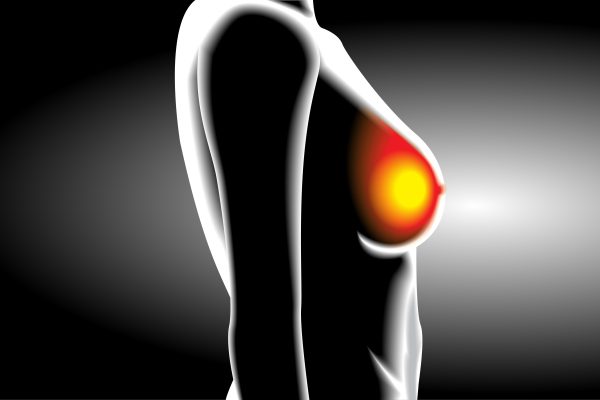
Despite the current practice of using a concurrent adjuvant cisplatin–fluorouracil regimen, patients with N2–3 nasopharyngeal carcinoma have a high-risk of unsuccessful treatment. The presented phase Ⅲ trial aimed to compare the efficacy and safety of concurrent adjuvant cisplatin–gemcitabine with cisplatin–fluorouracil in patients with N2–3 nasopharyngeal carcinoma. The results of this trial, recently published in The Lancet Oncology, suggest that concurrent adjuvant cisplatin–gemcitabine could be used as an adjuvant therapy in the treatment of patients with N2–3 nasopharyngeal carcinoma.
Despite the current practice of utilising concurrent adjuvant cisplatin–fluorouracil regimen, patients with N2-3 nasopharyngeal carcinoma often experience a high risk of treatment failure and unfavourable outcomes. The efficacy of adjuvant cisplatin–fluorouracil regimen may, therefore, be inadequate for tumour control in these patients, highlighting the need for a more efficient adjuvant chemotherapy approach for N2-3 nasopharyngeal carcinoma. Consequently, a phase Ⅲ trial was conducted to compare the effectiveness and safety of concurrent adjuvant cisplatin–gemcitabine with cisplatin–fluorouracil in N2–3 nasopharyngeal carcinoma, and the obtained results are detailed below.
Methods
An open-label, randomised, controlled, phase III trial was conducted at four cancer centres in China. Criteria for eligible patients were aged 18–65 years with untreated, non-keratinising, stage T1-4 N2-3 M0 nasopharyngeal carcinoma, an Eastern Cooperative Oncology Group performance status score of 0-1, and adequate bone marrow, liver and renal function. Patients were randomly assigned (1:1) to receive concurrent cisplatin–gemcitabine once every three weeks or cisplatin-fluorouracil once every four weeks, for three cycles. The primary endpoint was 3-year progression-free survival (PFS) in the intention-to-treat population. Safety was assessed in all participants who received at least one dose of chemoradiotherapy.
Findings
In total, 240 patients were randomly assigned to adjuvant cisplatin–fluorouracil (n=120) or cisplatin–gemcitabine (n=120). Median follow-up was 40 months. Three-year PFS rates were 83.9% vs. 71.5% in the cisplatin–gemcitabine and cisplatin-fluorouracil groups, respectively (stratified HR[95%CI]: 0.54 [0.32-0.93]; p=0.023). The most common grade 3 or worse adverse events that occurred during treatment were leukopenia (52% vs. 29% in the cisplatin–gemcitabine and cisplatin–fluorouracil groups, respectively; p=0.00039), neutropenia (32% vs. 16%; p=0.010), and mucositis (23% vs. 28%; p=0.43). The most common grade 3 or worse late adverse event (occurring three months after completion of radiotherapy) was auditory or hearing loss (5% vs. 9%). One (1%) patient in the cisplatin-gemcitabine group died due to treatment-related complications (septic shock caused by neutropenic infection). No patients in the cisplatin-fluorouracil group had treatment-related deaths.
Conclusions
The findings suggest that concurrent adjuvant cisplatin-gemcitabine could be used as an adjuvant therapy in the treatment of patients with N2-3 nasopharyngeal carcinoma; however, long-term follow-up is required to confirm the optimal therapeutic ratio.
Reference